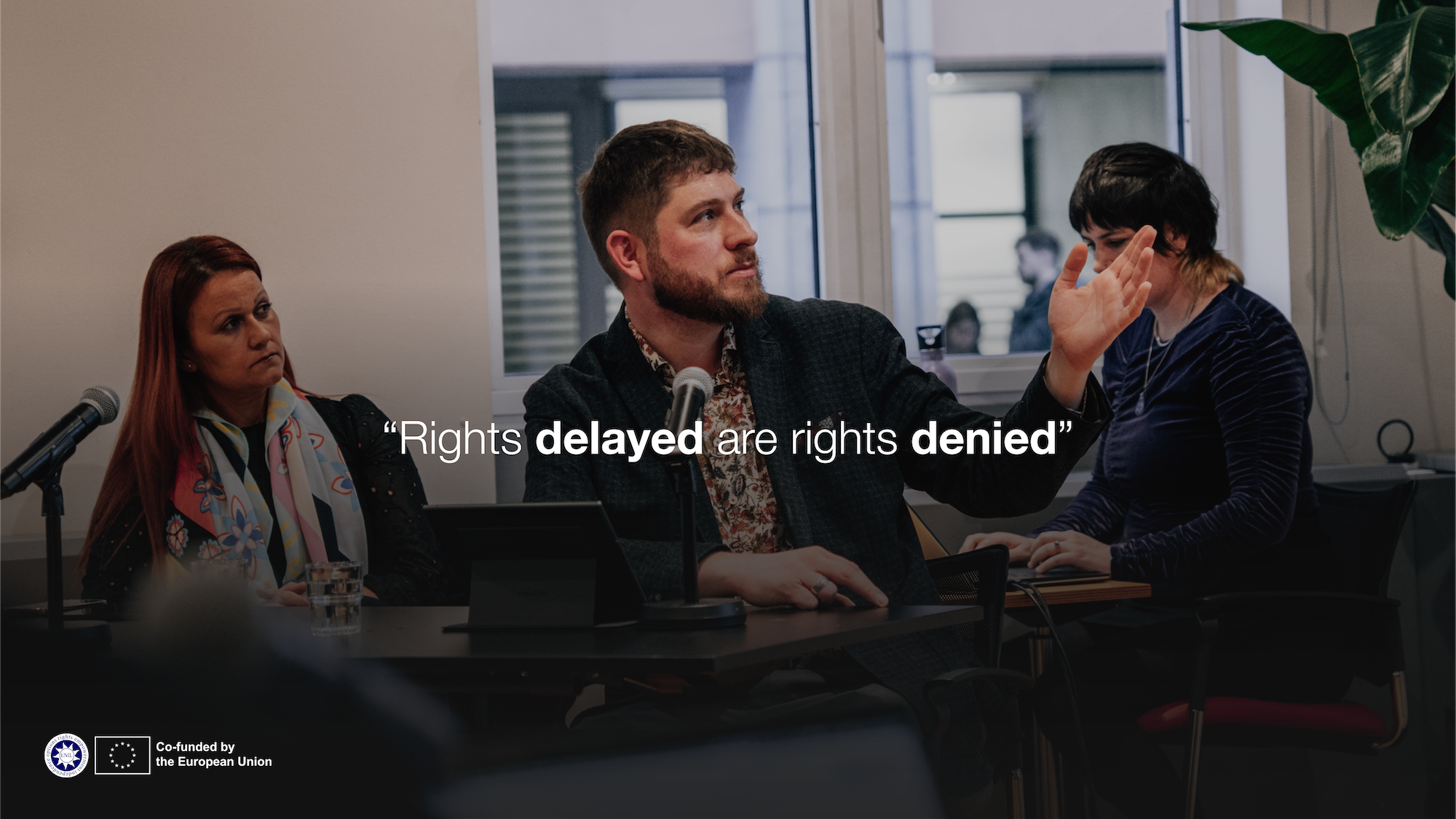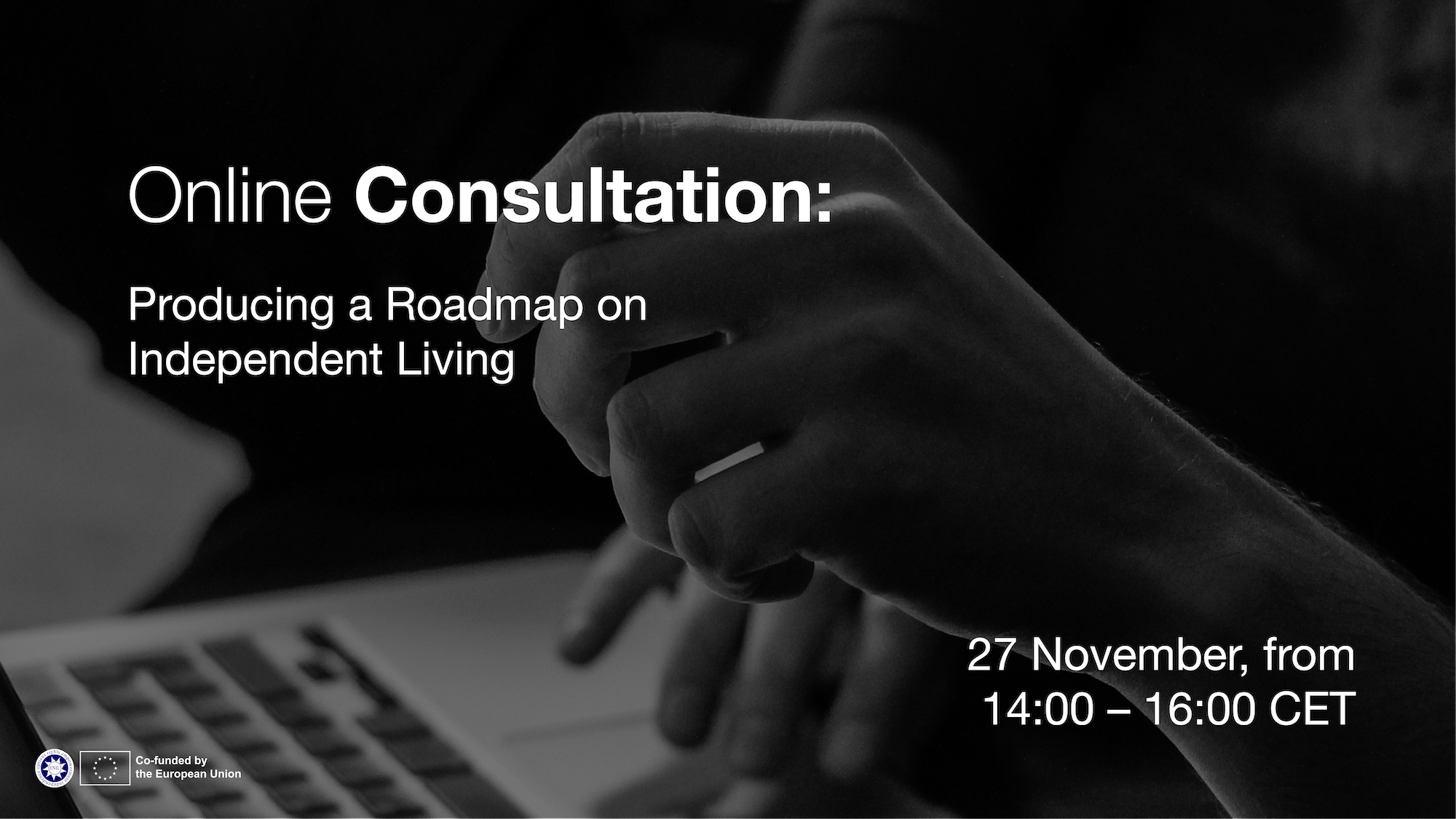In its final report, the COVID-19 Disability Rights Monitor (DRM) Coordinating Group calls for urgent action by States and the international community to halt the catastrophic failure to protect the lives, health and rights of persons with disabilities during the COVID-19 pandemic. The report is entitled ‘Disability rights during the pandemic: A global report on findings of the COVID-19 Disability Rights Monitor.’
The report presents the findings from a rapid global survey of persons with disabilities and other stakeholders which took place between April and August this year.
“Irrespective of disabilities, persons on streets are picked up and put into shelters. These provide basic survival supports to all people housed there. This has great implications for persons with psychosocial disabilities, who have been experiencing homelessness but free and living at will on streets – to be institutionalized” Organisation of persons with disabilities, India
“Children (with disabilities) and their parents are still in the street with no face masks, no social distancing. Their lives are in danger” Organisation of persons with disabilities, Nigeria
The report analyses over 2,100 responses to the survey which were received from 134 countries around the world. The vast majority were received from individuals with disabilities and their family members. Very few governments or independent monitoring institutions responded.
“We have been forgotten about” A female with disabilities, New Zealand
The report highlights four major themes:
1. The egregious failure to protect the lives of people in residential institutions, which have become hotspots during the pandemic: Instead of prioritising emergency measures to reintegrate people into the community, respondents pointed out that many institutions have been locked down, with fatal consequences.
2. Widespread, rigid shutdowns that caused a dramatic breakdown in essential services in the community: People could not access basic goods, including food, and supports such as personal assistance. Strict enforcement of these lockdowns by police and security forces has sometimes had tragic results.
3. Serious and multiple human rights violations against underrepresented populations of persons with disabilities: Women and girls have experienced a major uptick in violence, children with disabilities have been denied access to online education, and homeless persons with disabilities have either been rounded up and detained, or left completely to fend for themselves.
4. A concerning trend of denying basic and emergency healthcare, including worrying reports about the adoption of discriminatory triage procedures: In some cases, persons with disabilities were directly denied access to treatment for COVID-19 because of their disability.
The survey collected over 3,000 separate pieces of testimony, many of which manifestly demonstrated a complete failure by states to adopt disability-inclusive responses. This was the case in many countries, regardless of their level of economic development, pointing to a collective failure on the part of leaders.
“The government announced the stay at home order and lockdown, but could not think of poor daily wage earners who are not getting even a meal a day. People are deprived of food and are in financial crisis and the government has not provided any benefits” A person with disabilities, Nepal
“People in institutions are not receiving adequate assistance or access to medical supplies. Staffing is insufficient and at dangerous levels” A female with disabilities, United States
The report offers concrete evidence that is essential reading for law and policy-makers, health and social care professionals, law enforcement, civil society and others who seek to ensure that people with disabilities are no longer sacrificed in efforts to contain the pandemic.
“From what I know, children in institutions are strictly confined, can no longer have contact with their families. They are really imprisoned while the providers bring the virus. Very significant mental consequences” A person with disabilities, Belgium
The COVID-19 DRM Coordinating Group seeks to “catalyse urgent action in the weeks and months to come,” as transmission rates continue to rise in many countries and people with disabilities are again subjected to restrictions which have had severe consequences.
Final report: Click here
Easy-to-read summary of the final report: Click here
Press Release: Click here
Disability Rights Monitor, Coordinating Group


